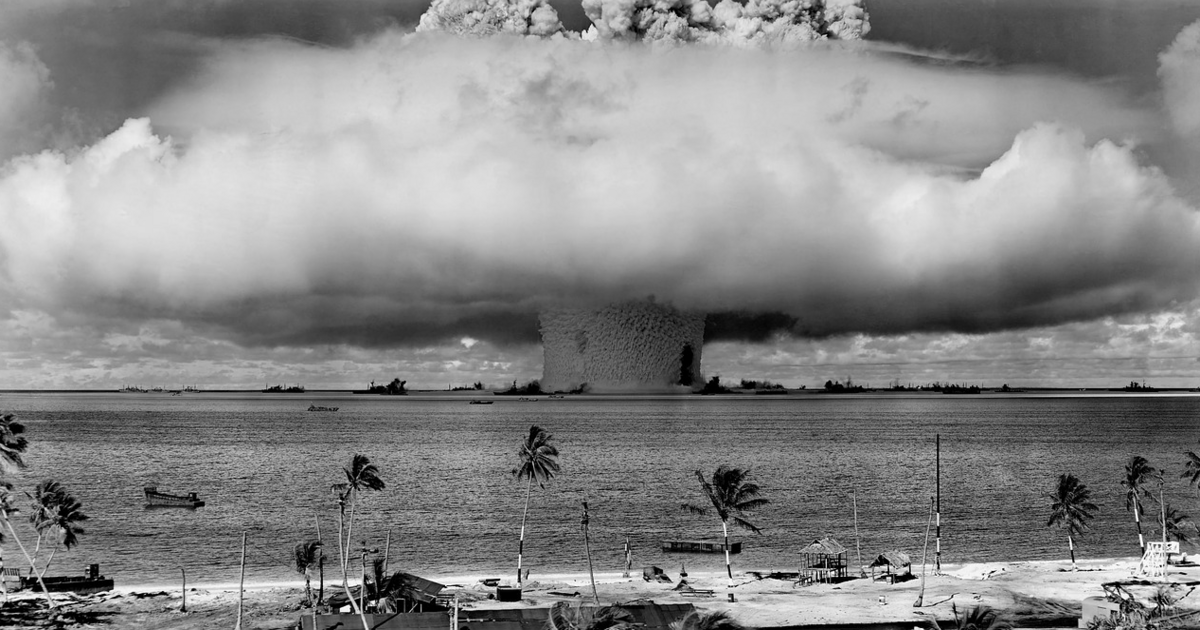Secrets of the Tong Village
Scott Tong’s quest to find a place that may no longer even exist: The ancestral Tong family village–Fu Ma Ying.
February 22, 2018
My dad looks over and shakes his head, the way a doctor does after whispering cancer. We’ve squandered the better part of this steamy day pursuing a place that may no longer even exist: The ancestral Tong family village.
Hours ago we set out in a rental car that came with a driver—a slim man named Mr. Xu and his silver Honda Odyssey minivan—with two clues: A very general location of the hamlet, somewhere in a vast stretch of soybean and rice fields in northern Jiangsu province five hours north of Shanghai; and an obsolete name of the village dating to pre-Communist days.
The Tong Family
We’ve been away a while. The last Tong on our limb of the family tree was born in the village in 1880. Soon after, our direct ancestors began venturing out, during an age of discovery for China in the modern industrial era—its nineteenth- century enlightenment.
They’d end up in faraway places: Tokyo, Nanjing, Nanchang, Taipei, Minneapolis, Poughkeepsie. And now Shanghai, where I was assigned as bureau chief for the American public radio business and economics program Marketplace.
The cliché metaphor for China’s economic transformation, most often attributed to the late reformer Deng Xiaoping, is “crossing the river by feeling for the stones.” Now, Dad and I are trying to return back across the water.
Mr. Xu’s Odyssey has driven in a series of big circles, returning once and again to the same nondescript stretch of China’s Grand Canal. It just keeps looking the same.
More than a thousand miles from Beijing in the north to Hangzhou to the south, this waterway outruns both the Suez and Panama waterways. On this day, it seems even longer than that.
Fu Ma Ying
The place we are looking for was once called Fu Ma Ying. The old name of the village went obsolete in 1949, when the Communists took the mainland and proceeded to rewrite history, street names and town names.
At the local registry in the nearest city, Huai’an, no one had ever heard of the place, or of any Tongs in the area. At a nearby police station, officers said little and offered less.
So we resorted to pestering strangers—pedestrians, cabbies, food peddlers—for some sign of Fu Ma Ying. Quickly, the inquiries took on a predictable sequence: An initial moment of hope, a diversion from the main topic and finally the phrase bu tai qing chu. It’s not very clear.
When you spot your prey, don’t hesitate
At a bus stop by the canal, I approach a middle- aged man with a crew cut and a face weathered by a life of farming. Before he can talk his way out, I pounce quickly. This much I’ve learned as a reporter in China: When you spot your prey, you cannot hesitate.
“Hi, we’re looking for a place called Fu Ma Ying,” I say. “Heard of it?”
“Fu. Ma. Ying.” The man repeats the words out loud. And then, as if it would provide further illumination, says them again but three times as loud. “Fu. Ma. Ying. Why are you going there?”
“It’s our lao jia.” Old home.
“Ahh! Lao jia!” He moves in with a half smile, as if I’ve earned a few Confucian filial points for seeking out family roots. “Do you still have relatives there?”
“Don’t know. That’s why we’re looking. Fu Ma Ying is the old name.”
Pause. “Where are you from?”
“Shanghai. I was born in America. Can’t you tell by my accent? Now I work here in China.”
“Are you married?”
I know where this is going. “Yes.”
“Children?”
“Three.”
“Three! You must be rich.”
There is an assumed equivalence here between children and wealth, which I must admit makes some economic sense: The more you have, the more you have. Okay. The thing is, the rule only applies to people making purely rational, long- term decisions.
“Not so much.”
Snobby Shanghai
Crew-Cut Man moves on to the next topic. “Shanghai tai ji, tai luan.” Shanghai is too crowded, chaotic. “They’re snobs, looking down on us country folk.”
“Yes, they are.” For this I have no argument.
“Are you traveling by yourself?”
“No, my father’s with me, in the car. He also lives in America. So, Fu Ma Ying? Can you help me find it?”
Another pause. “Bu tai qing chu.”
I move on. I’ve lived in greater China off and on for more than a dozen years. I have taken years of Mandarin lessons. I can recite a Tang dynasty poem. Occasionally I drink bubble tea. But my understanding of China ends at bu tai qing chu.
Editor’s note: This feature is adapted from “A Village with My Name: A Family History of China’s Opening to the World” (University of Chicago Press, 2017).
Takeaways
Scott Tong and his father’s quest to find a place that may no longer even exist: The ancestral Tong family village--Fu Ma Ying.
At the local registry in the nearest city, Huai’an, no one had ever heard of the place, or of any Tongs in the area.
The last Tong was born in the village in 1880. Soon after, our ancestors ventured out, during an age of discovery for China in the modern industrial era.
There is an assumed equivalence here between children and wealth, which I must admit makes some economic sense: The more you have, the more you have.
I’ve lived in greater China off and on for more than a dozen years. But my understanding of China ends at bu tai qing chu--It’s not very clear.
